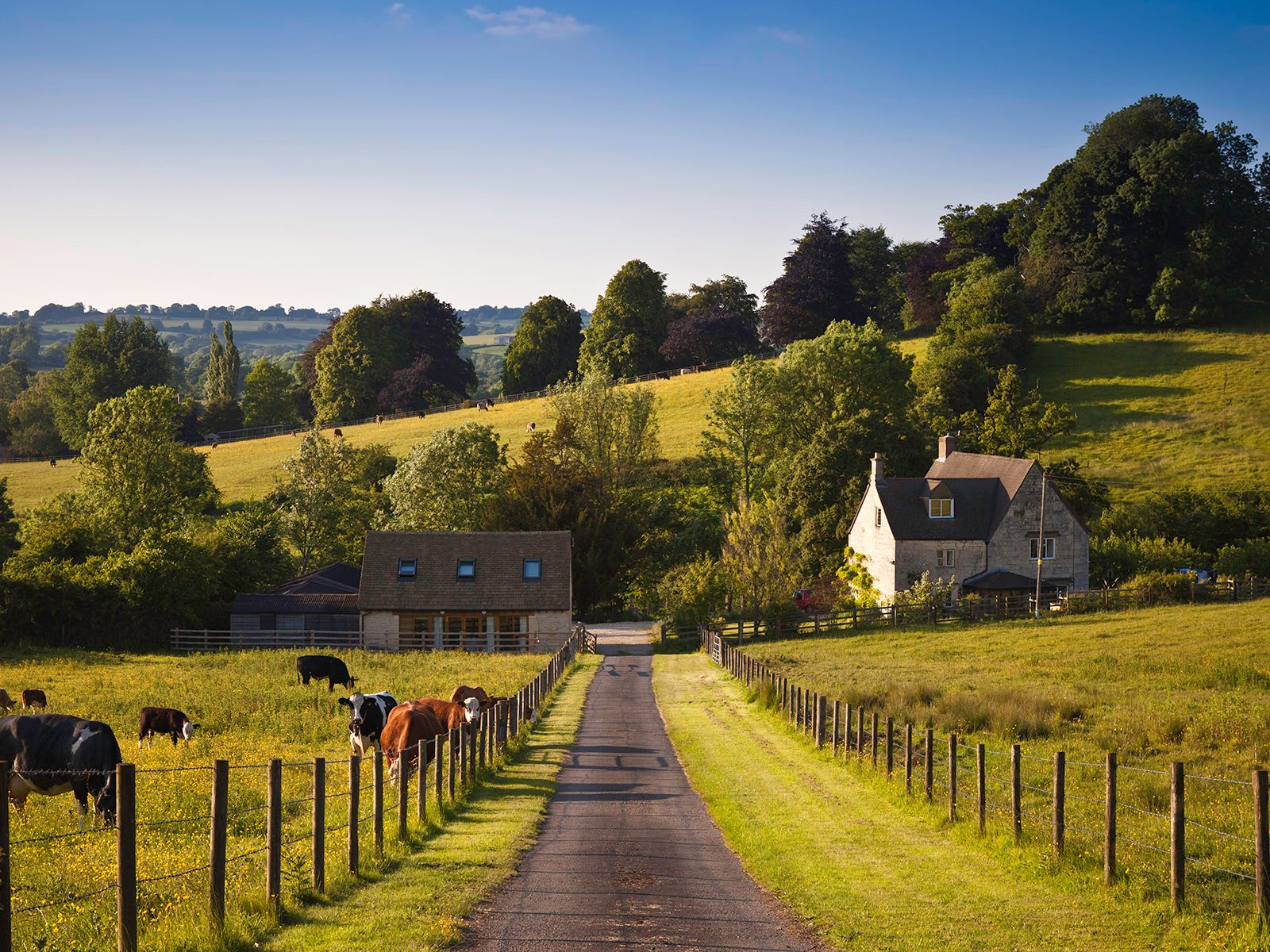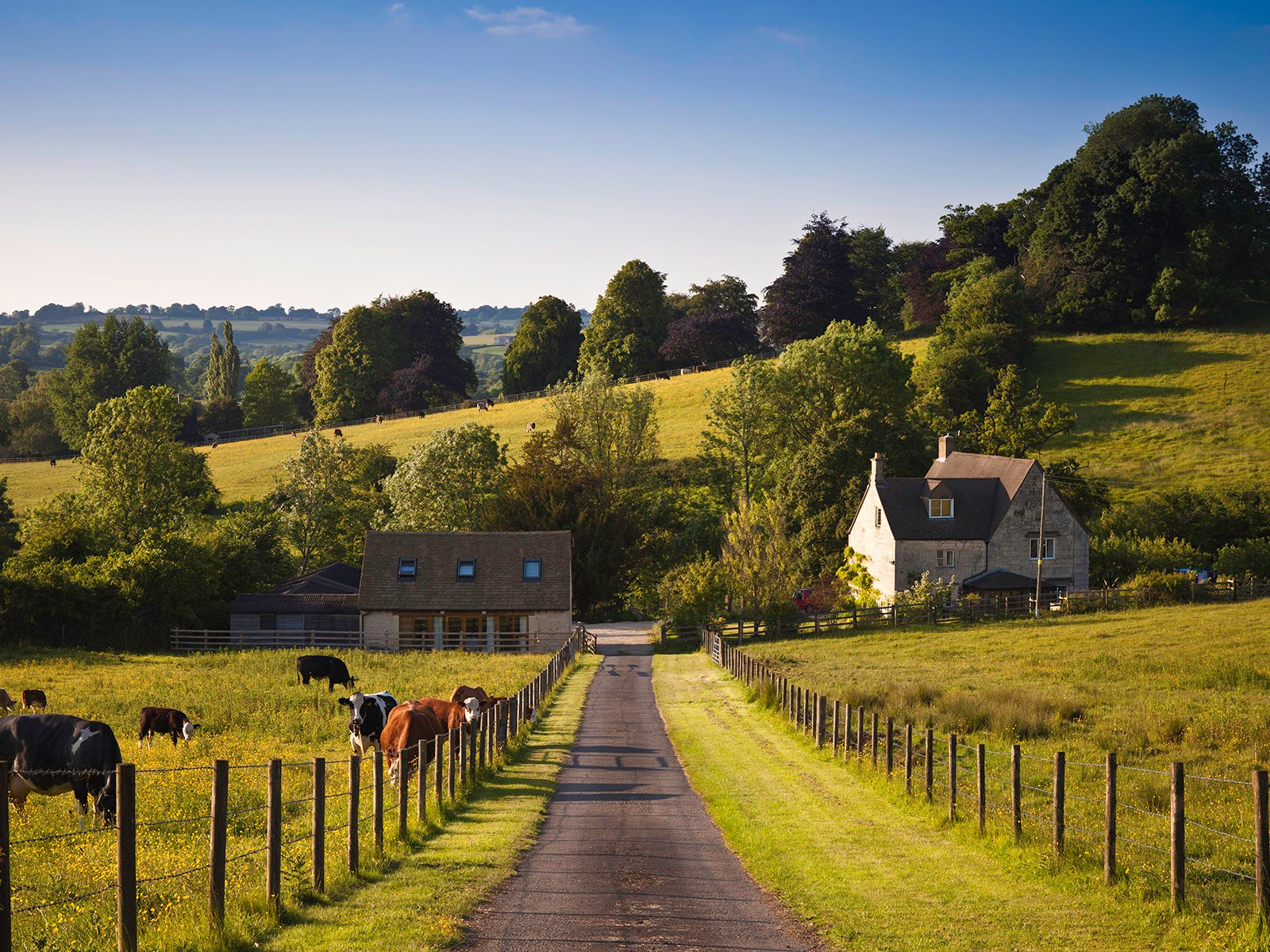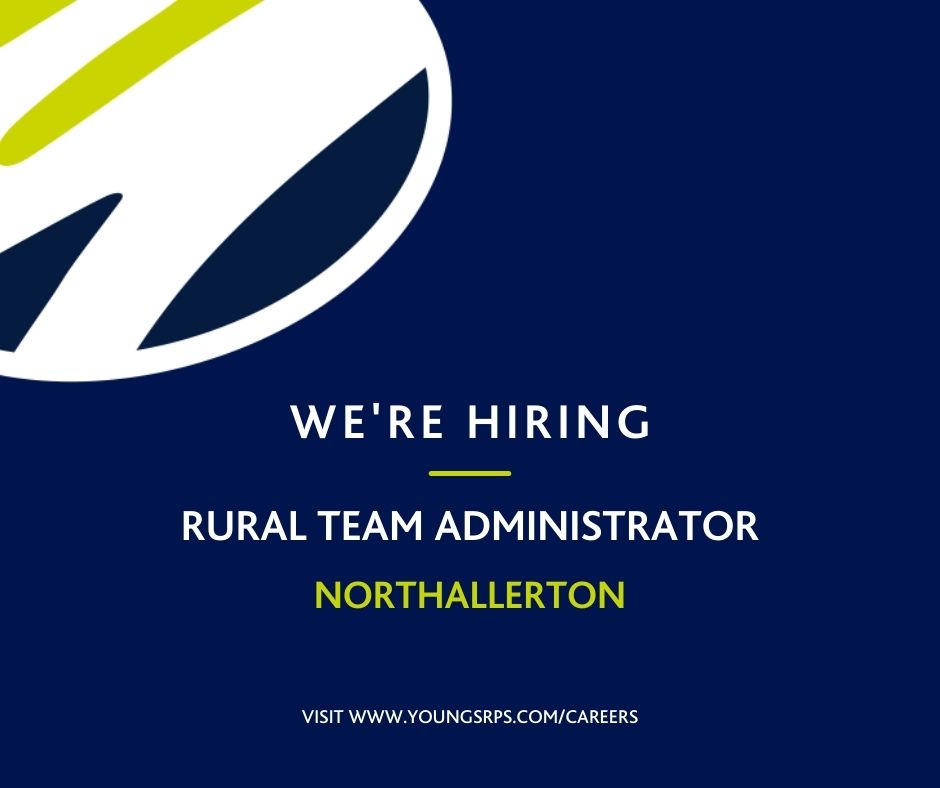Scotland: Buying your Tenanted Farm

Thu 8 April 2021
The Land Reform (Scotland) Act 2016 has introduced legislation which has strengthened the position of tenants with secure agricultural leases, including:- widening of assignation and succession rights
- simplifying gaining permission for on-farm diversification
- the Tenant’s Improvements Amnesty
- the Right to Relinquish and Assign 1991 Act Tenancies
As things move forward, the expectation is that more tenants will be approached by their Landlords with the question – would you be interested in buying your farm? This often creates a sense of excitement, but also throws up a lot of questions. Mike Halliday answers some of those frequently asked questions:
Q. What discount can a tenant expect?
This is normally the first question asked or simply how much will it cost? The answer will vary on a case-by-case basis with a lot of variables so relay there is no set rule. Be wary of comments like “such and such got X discount”. Discount on what? The level of improvements undertaken may potentially play a significant factor, likewise age of tenant, successors, lease obligations, possible write-down agreements, diversifications and if any land or buildings not under secure tenancy are to be included with the sale.
Q. Can I afford it?
The proof will be in the pudding. Generally speaking, when buying, the interest payments alone will be considerably more than the rent currently paid. Only truly running the numbers will give you the answer.
There is a huge appetite to lend money at present so there will be a lot of options, look further than your current banking facility. Factors that lenders will consider revolve around two main points, Loan to Value (LTV) and Affordability. Generally, lenders will lend up to 60% (sometimes more) LTV i.e., £1,000,000 open market value, will lend £600,000 against this. This is generally not an issue for tenants as they will generally be buying at a discount. The main criteria, therefore, in this day of sensible lending is affordability. The lend will therefore be “stress tested” by considering servicing at an interest rate of say 6%. It will not cost you this (at present) but these are the current levels that would be tested to check affordability. Other debt and HP will also be taken into account here.
If a tenant has money available for a deposit or is able to cash in an investment to reduce the sum borrowed, it can make significant difference to the level of debt required and the interested payable.
Q. Any unforeseen costs?
In addition to the price of the farm there could be a number of unforeseen costs, these include, but are not limited to, Land and Building Transaction Tax (LBTT) which is payable by the purchaser; solicitors fees; agents fees (if you appoint an agent) and setting up and valuation fees for secure lending.
Q. Should the farm be bought as a company, trust, partnership, or sole trader?
This is specific to the individual and their business and family situation. Specialist advice should be sought from your accountant and lawyer. There is potentially significant tax and inheritance implications to the land being owned in certain ways other than being owned by an individual.
Q. Will a completed amnesty help?
A completed amnesty will definitely help. It lists all the tenant’s improvements and possibly tenant’s fixtures as well, which should all be disregarded when valuing the farm. Without an amnesty, and with an absence of any paperwork detailing who’s done what on the farm, a tenant may end up paying to purchase their own improvements a second time!
Q. At what point should a tenant say, “no thanks” and continue as a secure tenant?
Generally speaking, the numbers will tell you the answer. Do you want the servicing burden, greater debt, what is the long-term aim or destination? It’s not all bad though as this may be a fantastic opportunity. Ultimately every bodies situation and desires will be different. Care does however need to be taken as there is no point in buying the farm just to put your head in a noose. You would however have the option of selling on if things did not work out.
If the business is not able to meet repayments and leave a profit for reinvestment and personal drawings, then remaining as a tenant is possibly the right option.
Buying your farm can be a complicated and daunting prospect. If the opportunity is offered to you, it would be advisable to consult with your professional team (accountant, solicitor, and land agent) at an early stage. A well thought out and planned approach will make the process significantly easier and, in most cases, save you a significant amount of money.
Michael Halliday






Share this with
Email
Facebook
Messenger
Twitter
Pinterest
LinkedIn
Copy this link